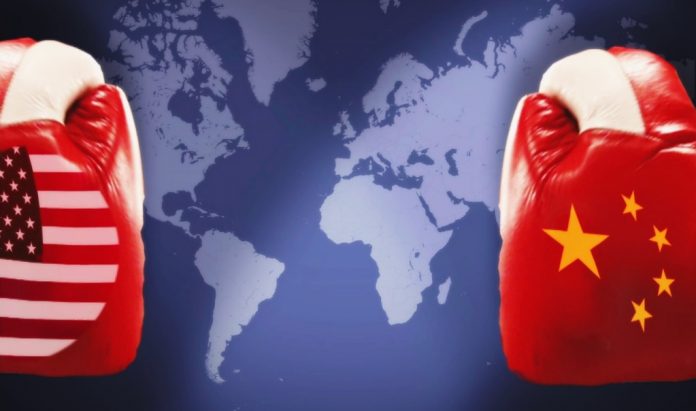On March 22, U.S. President Donald Trump signed an executive memorandum imposing tariffs as high as 25% on US$60 billion-worth of Chinese exports to the U.S.
In response, on April 2, China announced retaliatory tariffs worth around US$3 billion on a range of U.S. products.
While the move has sparked concerns of a trade war between the world’s two largest economies, its actual impact on the Chinese economy is likely to be minimal, given the small size of the tariffs – and the goods they pertain to – compared to China’s overall economy.
What does it mean for real estate?
U.S. and Chinese officials are now reported to be engaged in closed-door talks aimed at preventing a trade war. Any agreement is likely to accelerate the opening up of the Chinese economy in areas including financial services, electric vehicles, healthcare and elderly care, while providing incentives for foreign businesses investing in China.
CBRE Research believes that the successful conclusion of a trade deal will drive new demand for a wide range of property types including offices, business parks and senior housing.
In the meantime, however, robust domestic demand will continue to underpin solid leasing and capital market activity.
A worse-case, and highly unlikely, scenario would involve the dispute remaining unsolved or escalating into an all-out trade war, which would negatively impact Chinese exports and create volatility in the foreign exchange market.
This would result in weaker property leasing demand, particularly in the office and industrial sectors, while prompting many foreign investors to review their China strategy. In these circumstances, the central government would be forced to finetune its fiscal and monetary policy to guard against the risk of a hard…


